Canada PM Trudeau announces resignation
It was not immediately clear how long he will remain in office as a caretaker premier
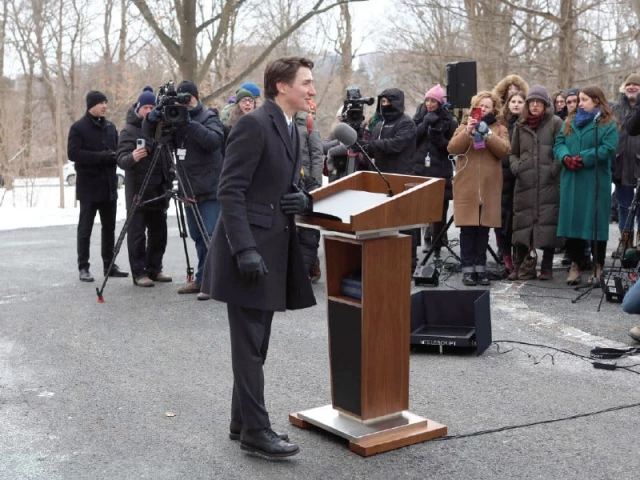
Canada's Prime Minister Justin Trudeau announced his resignation on Monday, saying he will leave office as soon as the ruling Liberal party chooses a new leader after months of slumping polls and internal division.
"I intend to resign as party leader, as prime minister, after the party selects its next leader," Trudeau, who has been in power since 2015, told reporters in Ottawa following a protracted political crisis that saw top Liberal allies urge him to quit.
It was not immediately clear how long Trudeau will remain in office as a caretaker premier.
He said the Liberal leadership race will be "a robust, nationwide competitive process."
That means Trudeau will continue to lead Canada when incoming US president Donald Trump takes office this month and will be tasked with leading the country's initial response to the new US administration, including a possible trade war.
Trump has vowed to impose 25 percent tariffs on all Canadian imports, which could prove devastating to the Canadian economy, and Trudeau has pledged to retaliate.
Before taking over the Liberal party in 2013, Trudeau, now 53, was not a leading political figure.
His most prominent political attribute at the time was arguably the fact that his father, Pierre Elliott Trudeau, had been one of Canada's most famous prime ministers.
But Trudeau's youthful energy and fluency on issues that increasingly mattered to Canadians, including climate change, helped him oust an entrenched Conservative prime minister, Stephen Harper, in 2015 elections.
After more than nine years in power, Trudeau's support within the Liberal party began teetering last year.
It plunged to new depths following the surprise resignation in December of his former finance minister and deputy prime minister Chrystia Freeland.
In a scathing resignation letter, Freeland accused Trudeau of focusing on political gimmicks to appease voters, including a costly Christmas tax holiday, instead of steadying Canada's finances ahead of Trump's promised tariffs.
Trudeau's Liberals are trailing badly in the polls to the opposition Conservatives.
He conceded Monday that he was not the best candidate to lead the Liberals into an election that must be held this year.
"This country deserves a real choice in the next election, and it has become clear to me that if I'm having to fight internal battles, I cannot be the best option in that election."

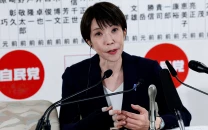
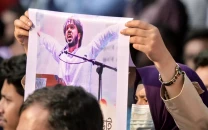
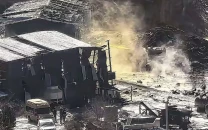

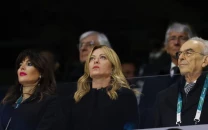
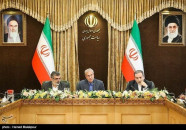












COMMENTS
Comments are moderated and generally will be posted if they are on-topic and not abusive.
For more information, please see our Comments FAQ